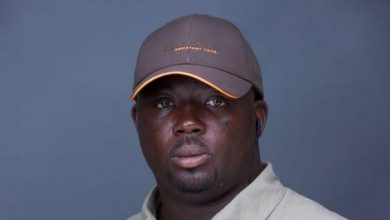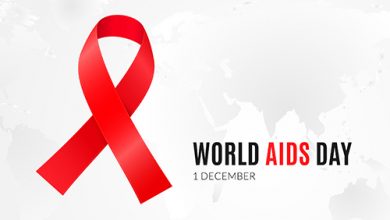Kenya: New Mosquito Brings Year-Round Malaria
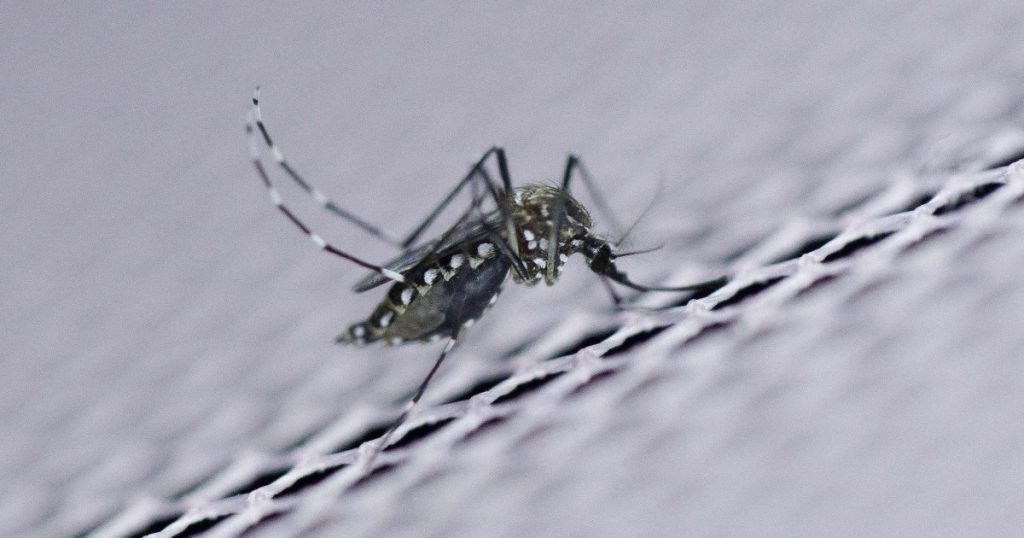
A mosquito, native to South Asia that is resistant to insecticides used in Africa has detected Kenyan researchers
During a routine surveillance in the northern Marsabit county, experts from the Kenya Medical Research Institute (Kemri) identified the mosquito as Anopheles stephensi.
Data from hospitals there also revealed an increase in malaria cases despite the fact it was not the normal season for the disease as local mosquitoes do not thrive in dry areas.
Both dry and wet seasons are favorable for this invasive mosquito, which can also breed anywhere. Its larvae have been discovered in water containers in urban areas of other countries.
Experts are concerned that malaria transmission will now continue all year round instead of being seasonal.
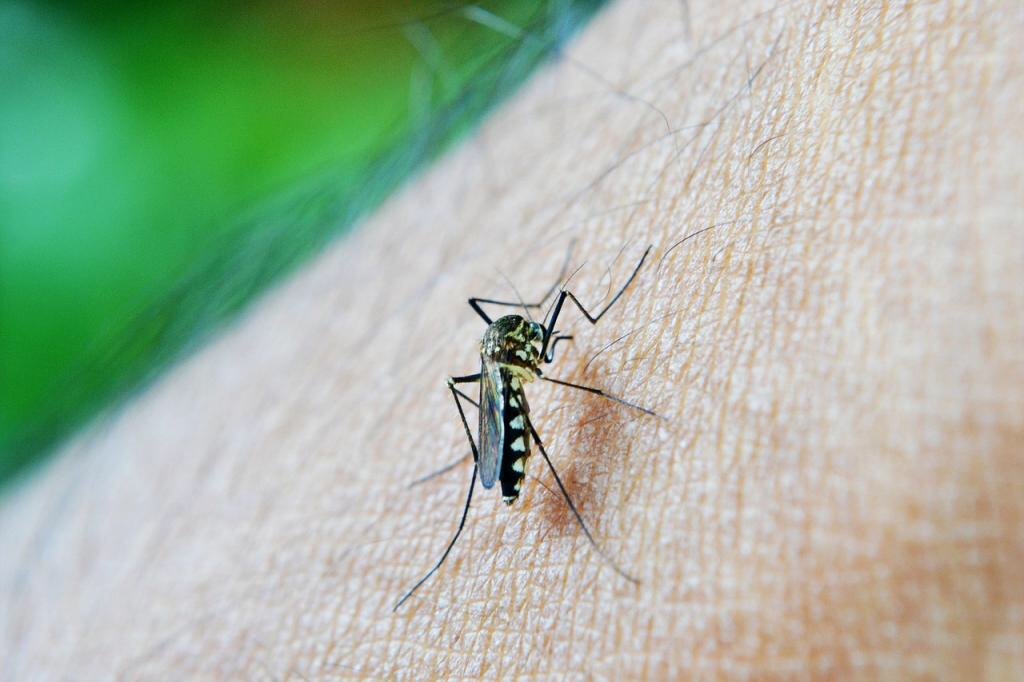
“Unfortunately, this detection in Kenya may translate to higher malaria transmission in urban and peri-urban settings in the country and could reverse gains made in the fight against malaria,” said Kemri’s director-general, Dr Samuel Kariuki.
Additionally, it will be more challenging to eradicate malaria, one of the leading causes of death in children under the age of five.
The researchers are advising Kenyans to use the malaria prevention measures already in place, such as using insect repellents, wearing long sleeves, and sleeping under treated mosquito bed nets.
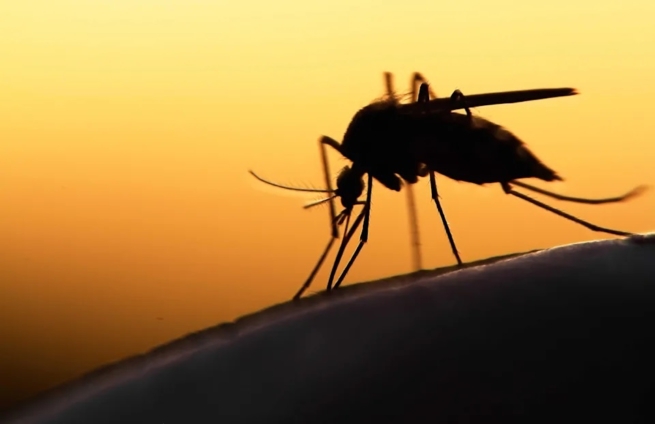
In Africa, the mosquito was first detected in Djibouti 10 years ago and has been found in Ethiopia, Sudan, Somalia, and Nigeria.
Author-Roberta Appiah


